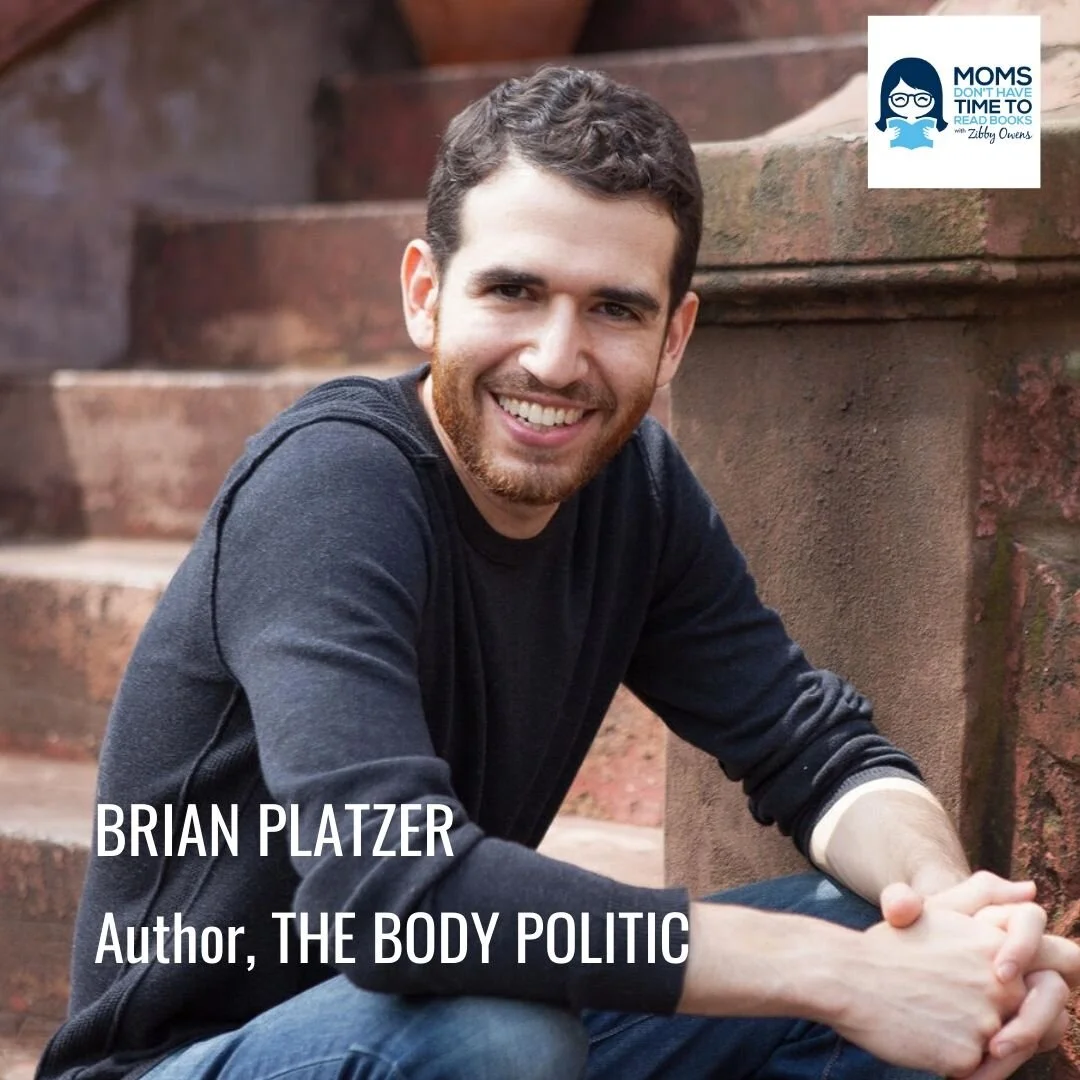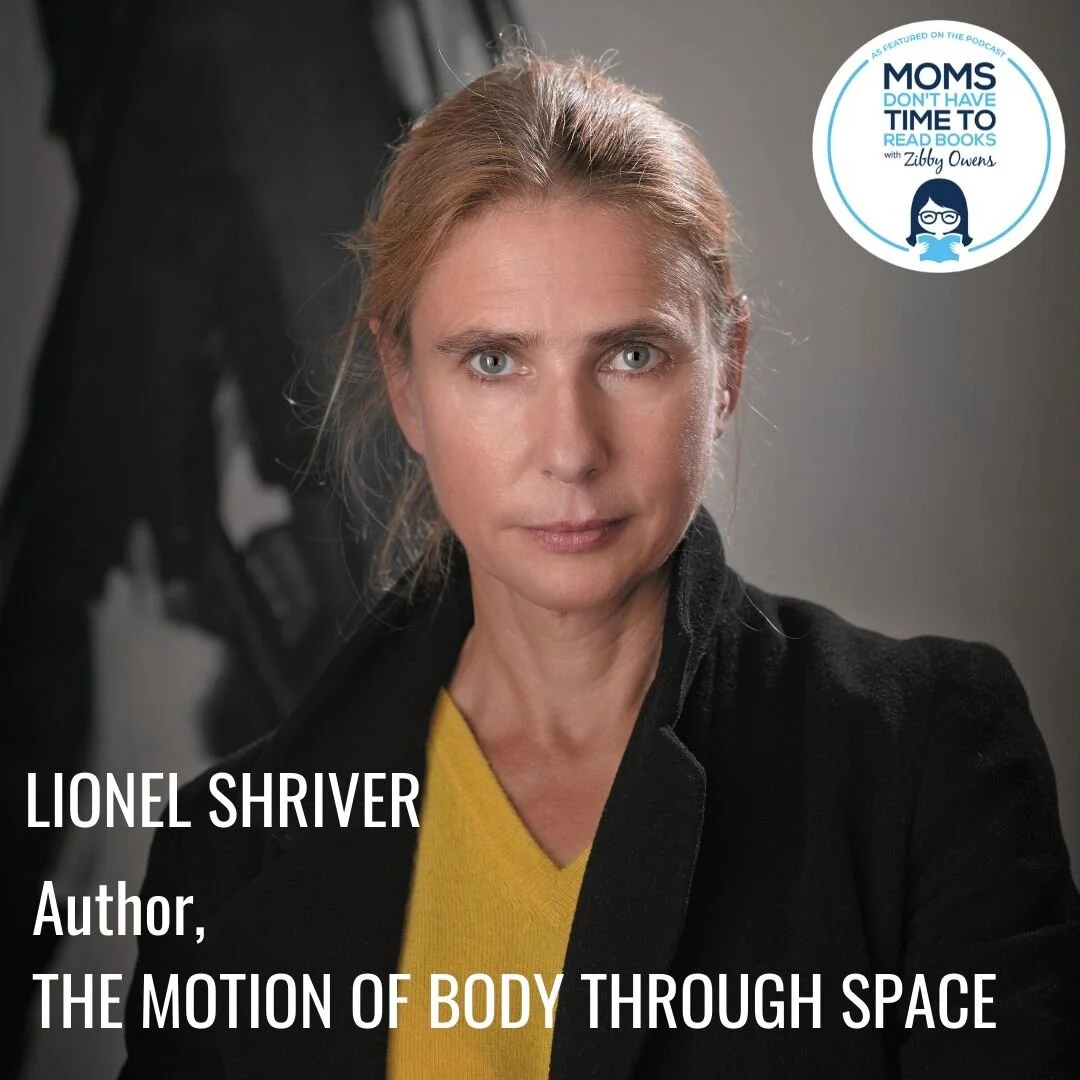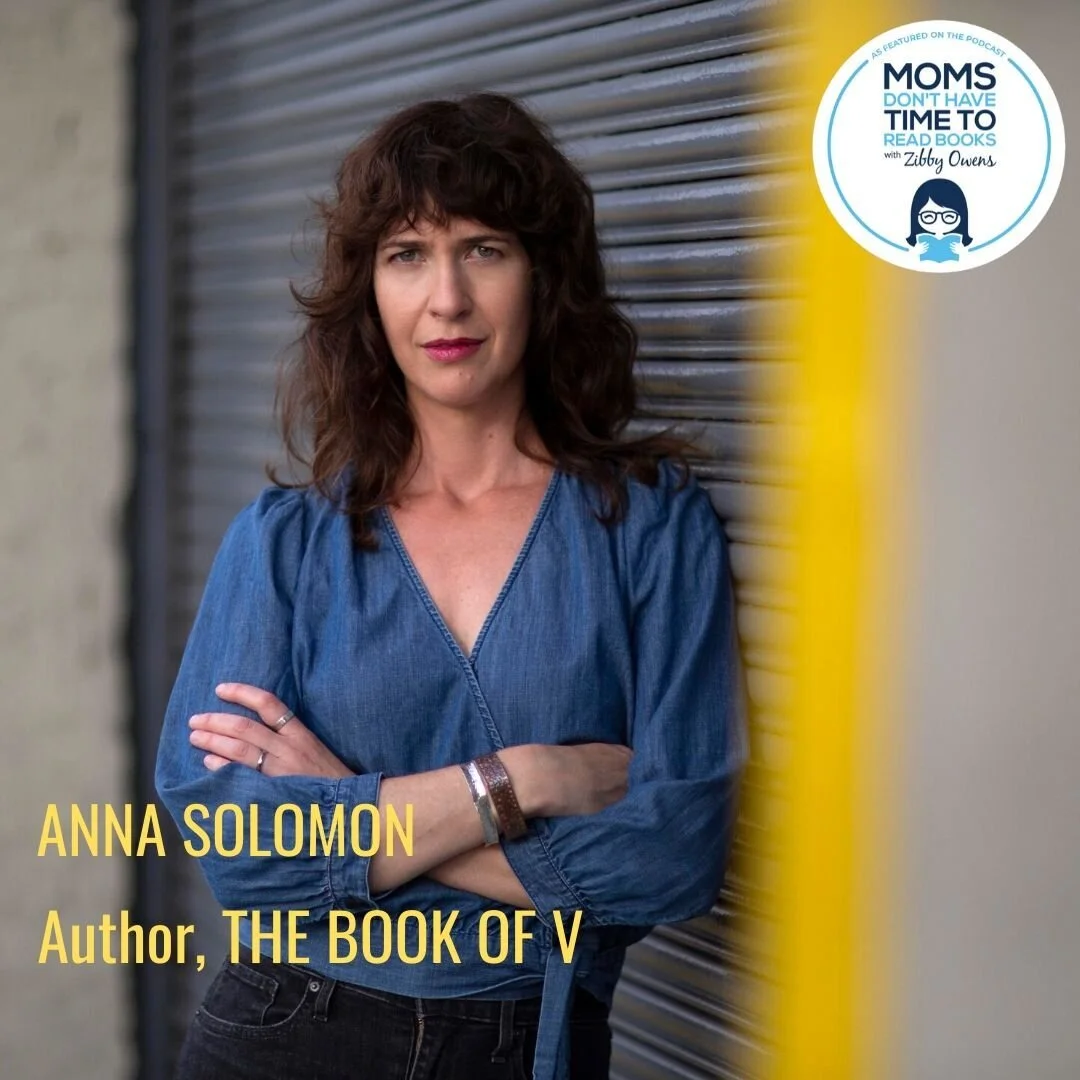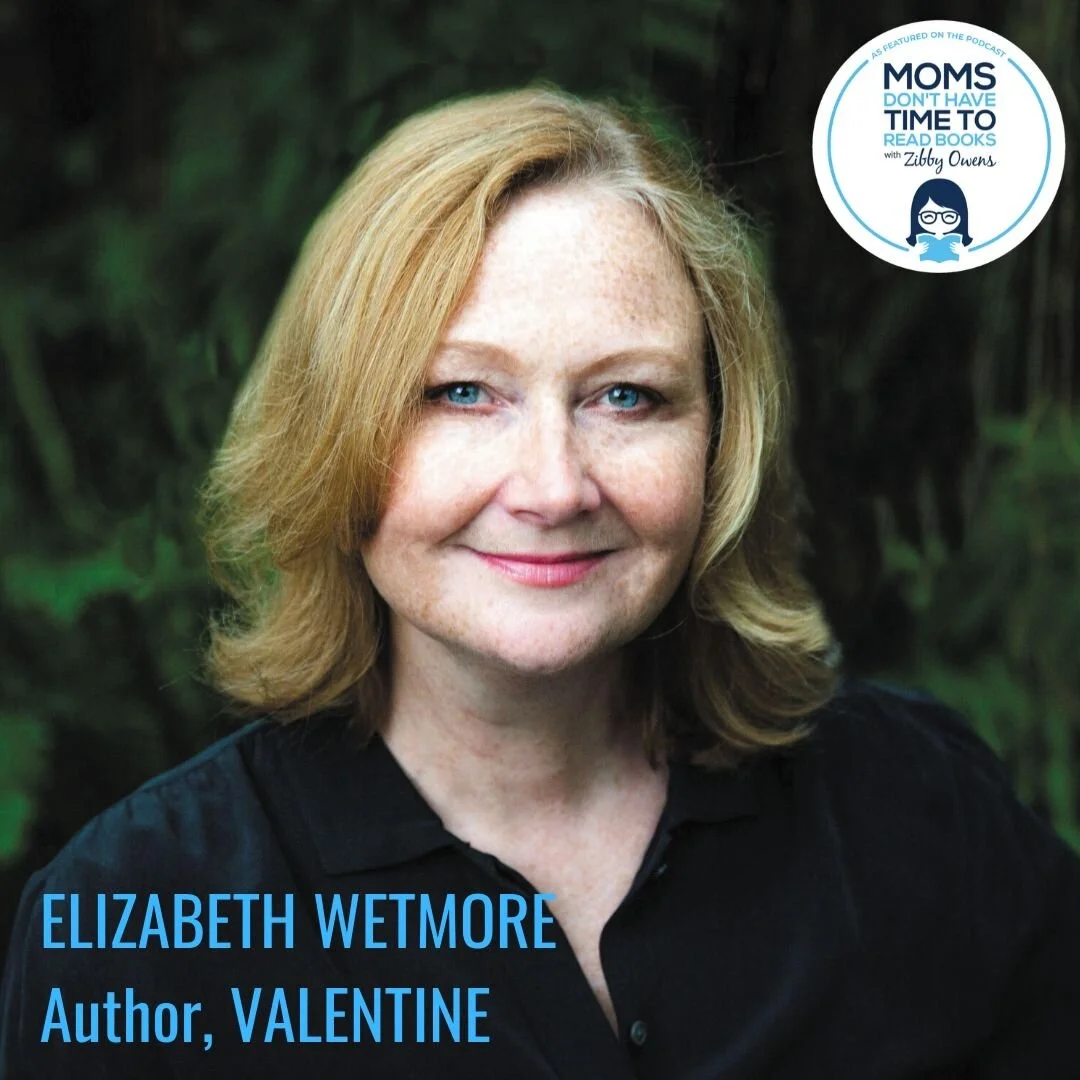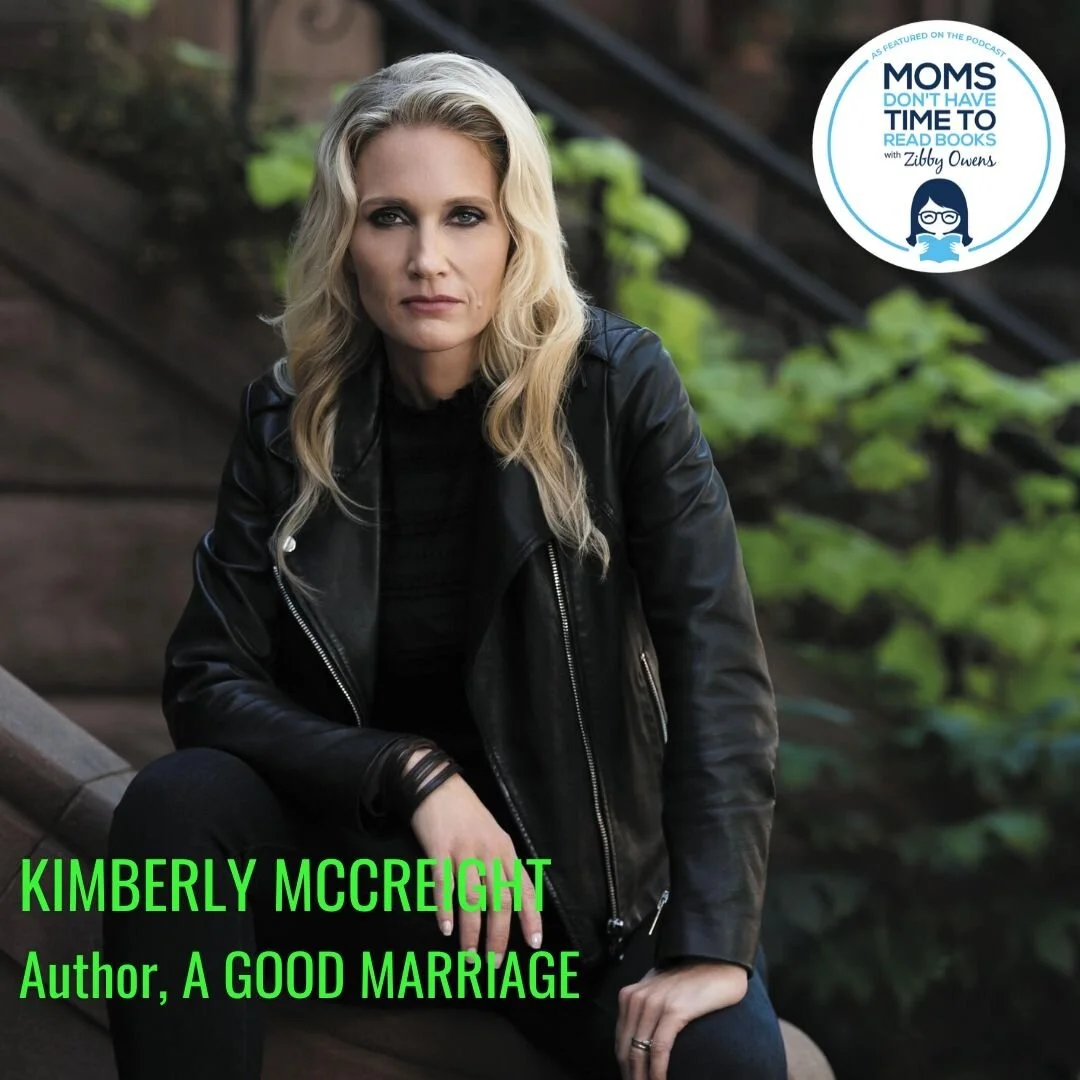Lynne: The Wife Stalker takes place in Westport, Connecticut. It is about a woman whose husband is just coming out of a deep depression that has affected their marriage. She thinks that it is because he is getting healthy. What she doesn't realize until it's too late is that it's the woman running the retreat and health center that's making his spirits perk. They have two small children. When he leaves her for Piper, she begins to look into Piper's background and is horrified to discover a wake of dead husbands in Piper's past. She has to try to save her family before it's too late.
Brian Platzer, THE BODY POLITIC
Brian: The Body Politic's about a couple things. I think the easiest way to introduce you guys to it is that it is about a group of four friends who first meet after September 11th. Then the narrative of the novel begins right after Trump's election. One of the friends worked on Hillary's campaign and is dealing with his disappointment. Another one of the friends has a neurological disorder similar to my own which keeps him bedridden for most of the time. Under the stress of the new political reality and his illness, secrets from their past arise to the surface. People are in positions to confront those who maybe hurt them in the past and to come to terms with their relationships in the present.
Lionel Shriver, THE MOTION OF THE BODY THROUGH SPACE
Lionel: The thing is I've always found it really heartbreaking when people have a relationship to their bodies that is hostile. That relationship can be consuming for a lot of people in a really unpleasant way. I find that very sad. I'm afraid that's especially the case with women, though that neurotic relationship has become more masculine as well. After all, there's a big connection between my current book, The Motion of the Body Through Space, and a previous novel. It's a couple books back called Big Brother, which is all about obesity. I steered very carefully clear of issues of weight in the new book because I feel I've already dealt with that. I don't want to be redundant. They are, in some ways, companion pieces because I'm interested in the broader issue of our relationships to our bodies. That also means that, especially as the years advance, I'm interested in the experience of aging. That's something that, whether or not you're interested in it now, it will eventually become interested in you. You don't have much choice unless you're just going to die early, and that's not exactly enviable either. It's fascinating. It's one of the hardest things in the world to do well.
Anna Solomon, THE BOOK OF V.
Anna: At times, it felt like I'm making a building. I felt like an architect. Then at other times, I was like, this is more like I'm making a symphony like a composer. I'm neither an architect, nor a composer, nor do I know much about either thing. I am a very structural thinker. I think the only way I could've written this book or even conceived of it is because of that. I use a lot of index cards. Every single scene was an index card. Then I had them color coded at various times. Then I would put them up in my workspace so that I could see how they were relating to each other. I actually did it part by part to break it down further because the book's in three parts. There are three women, but then there are three parts to the book. They're going to weave like this. Then I would put in the different objects and themes and gestures that I had running through the book. I would attach them to those cards because then it helped me to see it visually instead of just -- you can't hold a whole novel in your head, even a slim novel, and this is not one. This is a big, ranging novel. Finding ways to be able to visualize pieces of it at a time was really helpful.
Elizabeth Wetmore, VALENTINE
Elizabeth: I've really come to understand in the last week -- I'm a bit of a hermit in my regular life, like actually really a hermit. I've always thought that I wrote mostly for myself and my own amusement. You'll hear writers talk about who their ideal reader is. My ideal reader is like me. I've been so blown away at what a freaking honor it is and how touched I am to be learning that so many people are reading the book and how meaningful that is to me and in particular, to be hearing from people who are sending messages saying that they’ve been moved by the book. They're all amazing, but the ones that are most amazing are the ones who are coming from women and girls who know that part of the world and who are so delighted to see characters who are so familiar to them in literature.
Kimberly McCreight, A GOOD MARRIAGE
Kimberly: My book, A Good Marriage, is set in my neighborhood, Park Slope. It takes place over one week in the summer when most of the kids are away at sleepaway camp and their parents are all gearing up for the event of the summer which is an adult-only party with a sexually adventurous side to it, sexually adventurous but fun. It was always meant to just be fun. This year after the party, one of the women turns up dead. Her husband is quickly arrested. He reaches out to a former law school classmate named Lizzy. As she's drawn into Park Slope, she quickly realizes that neither her friends nor his wife were who they appeared to be. Then her own husband doesn't seem to be either. A Good Marriage is part legal suspense, part domestic suspense. It's also meant to be a genuine exploration of what it means to sustain a marriage over time and the secrets some couples keep and the compromises they make in order to stay together whatever the cost.
Alli Frank & Asha Youmans, TINY IMPERFECTIONS
Alli: We think it's a unique lens in looking at a school and looking at a private school. The intergenerational part is … fifty years of these three women who are black who have lived through different generations in this very privileged, rarified world. It, through humor, looks at what similarities they share with the community of which they’ve invested themselves professionally and educationally, but also how they're different. It is all about love with the family, but it's also love of a school community. For us, we've both been educators for over twenty years. We love schools so very much. In a way for us, this is our love letter to schools and love letter to school communities because no other company is full of humans for whom the product is actually humans. When you have that, it's just a whole lot of messiness, but a whole lot of love. That's really why we wanted to write this.
Margarita Montimore, OONA OUT OF ORDER
Margarita: Every step of it has been incredible. I self-published my first book. I wrote another book in between that book and Oona that I just set aside and didn't do anything with. It took four and a half years. During that time, I saw a lot of writers that I knew get agents and editors and book deals. One writer I knew hit The New York Times best seller list. I saw what a tough road that was and how many obstacles you had to surmount and how tough the odds were. Every time I crossed another hurdle, for me, I tried to be very present and grateful about every one of those moments, whether it was getting the agent, whether it was getting that book deal. Everything on top of that, it just blows my mind on levels that I truly, truly never expected. When I found out about Good Morning America, I always think of this line from My So-Called Life, it's like a stun gun to your brain. There's been so many moments where I have truly been like, is this real life? No, but really, have I drifted off to a parallel world or a dream state? What I've heard from other authors, especially during their debut year, the biggest issue for them has been that it goes by in such a blur. They wish that they had time to really stop and enjoy it more and worry about it less. I've tried to keep that in my mind so that every time something wonderful happens, whether it's just somebody posting about the book on Instagram or seeing my book on a Times Square billboard, that I stop and just really go, wow, I feel so lucky and I'm so grateful for this.
Emily Gould, PERFECT TUNES
Emily: Perfect Tunes is the story of a mother and daughter who are very close in age because Laura, the protagonist of the book, got pregnant with Marie, her daughter, when she was in her very early twenties. The circumstances of that pregnancy and Marie coming into Laura's life really changed the course of what she thought her life was going to be like. Laura moved to New York, as many people do, with big dreams of being, in her case, a singer-songwriter. She is someone who has a lot of talent and not a lot of ambition in terms of figuring out how to get her talent out there. She falls in really quickly with a group of people, including the man who ends up being Marie's father, who are much more driven, much more ambitious, and much more savvy in the ways of the big city than she is.
Susan Isaacs, TAKES ONE TO KNOW ONE
Susan: I think people need narrative. My daughter has her PhD in philosophy. Her field is aesthetics. She believes we're hardwired for narrative. We need a story, not necessarily once upon a time, but we need to make sense out of things. We need to hear about other experiences. It's not only books. Look, we all know that there's -- this is the golden age of TV. There's wonderful narrative on TV. The series and the streaming series reminds me very much of the era of Dickens and Dostoevsky when their work used to come out as a serial. There's a comfort in holding a book. I think it's also something visual. Even though you get the book jacket on the e-book, it seems when you pick up your iPad or your Kindle or whatever that you're picking up the same book over and over. There's a kind of sensual pleasure in picking up a fat book, a thin book, a large one, a small one, looking at the jacket art, trying not to read the flap copy because sometimes it gives away too much but then succumbing. There's much pleasure in that.
Janelle Brown, PRETTY THINGS
Janelle: Pretty Things is about two young women. One is a con artist. The other one is an Instagram influencer who happens to also be an heiress. It's about a con artist who basically takes on this heiress and moves into her guest house with grand schemes in mind. Then everything goes very sideways from there.
Rebecca Serle, IN FIVE YEARS
Rebecca: In Five Years is the story of Dannie Kohan who's a corporate lawyer living in New York City who has a very airtight five-year plan. We meet her on the day of her big job interview, the place she's wanted to work forever. She nails the interview. That night, she gets engaged to her boyfriend. Everything is going exactly according to plan. She comes home that night and falls asleep on the couch and wakes up and lives exactly one hour five years in the future, and wakes up in an apartment she's never been before with a man she's never met before. Then she wakes back up in her real life. Four and a half years go by. She meets the man who was in that hour with her. Everything starts to both ravel together and unravel to bring her towards that hour.
Serena Burdick, THE GIRLS WITH NO NAMES
Serena: I think that the biggest challenge authors have is completing their work. I feel like so many people start out, they want to do it. Then they get discouraged at some point and set it aside. My biggest advice would be that even if you feel discouraged and you think it's terrible, I think you should finish it. It probably is terrible. The first draft's always terrible. The first book I wrote, which is not published, five years I wrote it. Then I remember there was a single day where I deleted sixty pages in one day. It was five hundred pages. I was a mess. It was such a mess. I just kept going and kept going. Then you overwrite. Then you take it away. My advice, it's just to finish the work and to have something complete that you can work with, is I feel like the biggest advice I could give to a writer.
Joanna Hershon, ST. IVO
Joanna: You know, no. I would say that I'm definitely an extrovert. I get so much joy from other people. I'm collaborative by nature, super social, but I have chosen this life of -- I was acting, but I always wrote my whole life. I've always written stories. I have chosen this life in which I'm alone a lot. It's very isolating work. I'm fascinated by my own choices because I do feel like I'm an extrovert and I do feel like I need that time totally alone with my own thoughts. So I don't know. My guess is that a lot of writers are like that. There's this image of the writer as an introvert and kind of socially awkward and not able to socialize. Surely, there are many introverted writers. I also feel like it's that contradiction. I certainly see it in other writers. I need both.
Ashley Prentice Norton, THE CHOCOLATE MONEY
Ashley: This was my first book. People ask if it was autobiographical. I do have a really colorful mom. That's kind of what got it started. I guess at the time I didn't really have an active imagination. I think the tone in the book was very true, but there was a lot of "I'm seventeen" vibe to it, and one of my parents did me wrong. Now that I'm parent, I'm like, oh, my god, this is how I'm parenting. My mom, thank goodness, has, I think, forgiven me because people who don't know her thought every single word was true, which it wasn't.
Megan Angelo, FOLLOWERS
Megan: I came up with the idea for this sort of in pieces. I had been working in celebrity journalism and entertainment journalism for a really long time. I don't even think I realized how much color was accumulating in my head about how strange it is behind the scenes of a photoshoot or on the other side of the rope at the red carpet. What really launched me into the story was thinking about the future. I was writing in my journal one day. I write in cursive. I realized my kids would not be able to read it, definitely not my grandkids. I just sat with it because I thought, I'd love to write something that goes into the future, but I'm not a sci-fi person. I'm not a dystopia person. I'd love to do something that feels more grounded and stuff like that where your grandmother would be saying to you, "This is how it was in my day," and it would just be this strange thing that didn't exist in yours. Slowly over time, all of those pieces came together. Add in what was going on in the world when I started writing in late 2016, and you have Followers.
Therese Anne Fowler, A GOOD NEIGHBORHOOD
Therese: As everybody in the book world is aware because of the controversy that surrounded the publication of American Dirt, this is a fraught time for mainly white authors who are writing stories about people of color. This is not news. This didn't just start with American Dirt. It's something that has been ongoing. Because that's the case and because I knew I was taking on the possible subject of appropriation, was I going to be held to a different standard than, say, a person of color writing this story? I want to stress that I think that the standards are correct. People of color are, in most cases, right to be sensitive about the way that white authors have been, in some cases, appropriating their stories or just badly writing these stories and getting more attention than those people of color get for their books. All of that being the pool that we're swimming in right now made it so that I felt like I needed to address this head on in my author's note to help readers know that I'm mindful of those problems. I take them seriously. I wanted to make sure that I followed the advice that I got from Zadie Smith, which was to write about whatever you want about, but just make sure you do your homework. That's what that note is about.
Kathleen West, MINOR DRAMAS & OTHER CATASTROPHES
Kathleen: I have been a teacher for twenty years in Minneapolis, all at elite suburban schools and independent schools. I've thought a lot about parenting in my life. This scenario did not happen to me. However, my oldest son, who's a tenth grader now but was a sixth grader when I started writing this book, tried out for a musical called Ellis Island, which is the same musical in the novel. As he was trying out, I was very excited and wanted him to get a part. I definitely had to check my Julia Abbott impulses during that process. I thought, oh, I'll just go down and ask the drama teacher how that read-through went or see if he remembered his choreography. Every time, I was like, that would be a bad idea. That would be crossing a line. The day that the cast list came out for the sixth grade Ellis Island that my son had tried out for, my teaching neighbor asked me, "Are you going to go down and look at it and see if he was cast?" Once again, we laughed about this. It seemed like it might just be harmless, but we both knew that it would be crossing a line. Then we had a fun time imagining all the moms that would do it, would come into the school and push the kids aside and look at the list. That's what Julia Abbott does at the beginning of the book. That was the first scene that came to me for this novel.
Special Re-Release: Courtney Maum, TOUCH
Courtney: The mother daughter relationship is another really key motor to this story. Her mom is the exact opposite of Sloane. She gives of herself readily, generously. She self-effaces a little bit. Sloane has a sister. Her sister’s about to have her third child. Her mother’s joy is taking care of other people. She went into overdrive when her husband died.
Abby Sher, MISS YOU LOVE YOU HATE YOU BYE
Abby: This book is about a sixteen-year-old girl named Hank, short for Hannah Louise, and her best friend Zoe, who is self-destructing. Hank has to decide whether she can save her or if it's better to walk away. I've been toying with not saying this, but I didn't want to write this book. [laughs] This was like the last thing I wanted to write, but it kept on coming out. All my characters were kind of skirting the issue of an eating disorder and self-destruction. Then my daughter, about a year ago, came home one day and said, "I saw this thing on YouTube where people want to be skinny so they make themselves throw up." I just lost it. Then I knew that I had to write this book. I think that there's been a lot of books about the process of going through a disorder or an addiction, but not as many about being a friend watching it happen and not knowing what to do about it.

